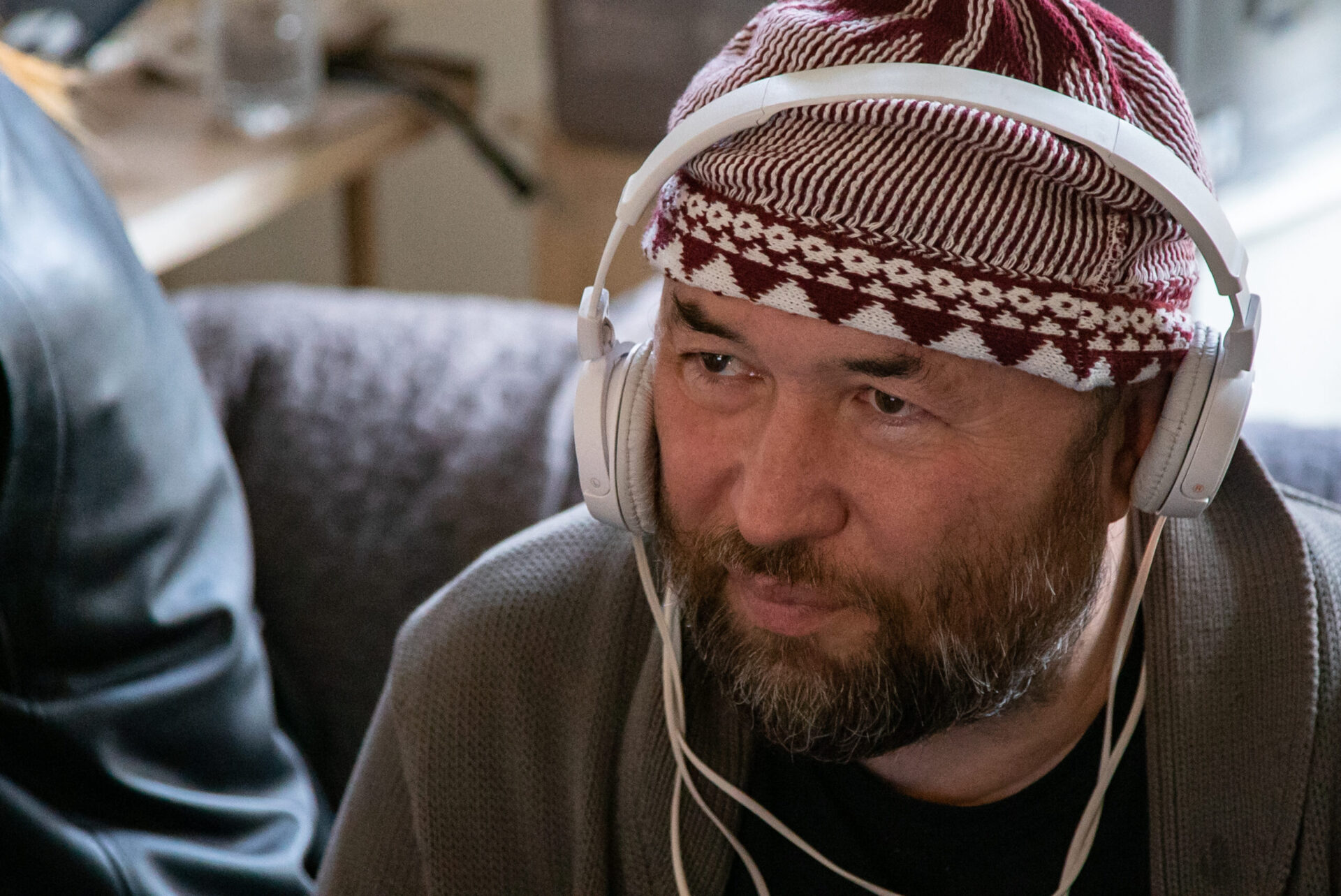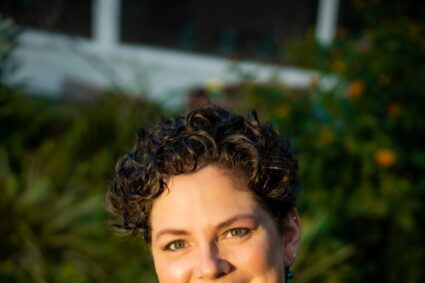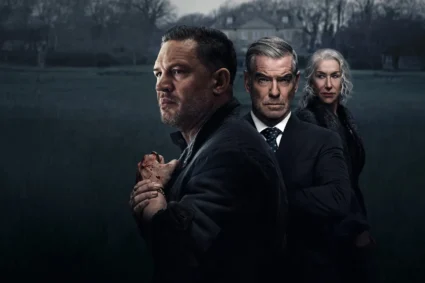
In our second and final Profile interviews, I sat down, via Zoom, to the writer, producer & director of the movie, Timur Bekmambetov! We talked about how he set up a meeting between the actress Valene Kane and real-life subject Anna Erelle and his film language, Screenlife, and where do we see it going for the future of filmmaking.
Timur, What drew you to this true story?
First of all, for the last seven years, I developed a new language called “Screenlife”. It’s a new film language of telling stories in a very special way by recording from the computer devices of the character. I believe that this is the way of how we can express ourselves today, how we can understand the world we live in now, what does love means, what does friendship means, who is the enemy. In today’s world, it’s not about guns and cars anymore, it’s about social networks and websites.
I was trying to find material for my next movie and we were very successful with Unfriended when we made the movie using this language in 2014. At the same time, developing Profile. Then I found the book because for Screenlife movie, it’s very important. for rule number one, this movie cannot be told in another way for Screenlife it’s necessary. You need to record screens to tell this story because the story is happening on screen. I was constantly looking for this kinda story. I read the book, all of it. My producing partner called me and she informed me about this article first and then we found the book. I found Anna, the author, and we met in Paris. I asked her to give allow me to have the rights to this book. She is so nice that she presented me with her computer with the screen grabs. She was very cooperative throughout the process that I consider her a friend.
At the end of the day, when we finished the movie and we were working on the soundtrack for the movie, I asked her to send her Spotify playlist. We put as much of the music that we can clear from her Spotify playlist at the time. She is a really brave woman.
I am glad that you were able to talk to her and she allowed you to recreate her story. Now, is it true you actually set up Valene to talk with Anna Erelle, the real journalist before filming?
Yes, of course, I have a video of this. I recorded this conversation. During rehearsal, we were in London when we made the call while on Facebook with each other and the picture of the two studying each other, Anna Erelle and Valene. It was very important because we wanted to make it grounded and real. It’s a genre movie, it’s a thriller but the difference between Searching and Unfriended is much more realistic and much more detailed. It’s not just a story but it’s an experience.
How do you structure a shoot like this? I understand it unfolds in real-time across separate locations. Do the actors only interact on the screen?
No, we were trying to make it simple. So Shazad in Cyprus, a few hundred miles from Libya, and Valene was in London, and Vick (Christine Adams) her editor was in SoHo in the real studio. They had a conversation, three of them, and this conversation was real. They called each other, it was not just a recording. The process was real and you feel it because of the tiny delays. Screenlife is not just about talking faces, it’s about typing and searching at the same time, multitasking like talking to two people at the same time because of the world we live in now.
And fear because we know how to interact but we don’t know how to protect ourselves and how to guarantee security within my personal space and wonder who is watching me. It’s not about ISIS at all because we can replace ISIS with any other antagonist and its exactly the same story.
It’s interesting how this film was shot back in 2018 and here we are in 2021 because of the pandemic, it seems like interaction with the computer and doing Zoom casts like this is the norm. I like to know with Screenlife the way it is and the way it was five years ago, where do you see it five years from now?
I found that the first Screenlife movie in 2004 with Nightwatch and I made the movie in Russia. I found there was a five-minute pitch of this mythical world online and I shot it fifteen years ago. Then I forgot and I reinvented the thing years later with Unfriended.
I remember in every action movie like Mission: Impossible that I was totally captivated by the scenes when the character finds some computer trying to break the code and find some information. I don’t care about the shooting and the running cars and flying planes because it was fun but for me, the most captivating moment of the movies of the 90s was trying to get something from the computer in the digital world.
The Matrix was really a major breakthrough in how we try to understand the digital space and who we are in the digital space. Also, what’s good and vile in the digital space. In the real world, we know the ten commandants and the seven deadly sins, the Constitution, and books from Tolstoy but in the digital world, we don’t have that yet. We don’t trust. For us to create trust between people, we need a lot of good emotional stories that people can figure out what’s good and what’s bad. We don’t understand the rules yet.
There are so many elements that give it a personality that has nothing to do with the actors, like what’s chosen to delete in a message before it’s sent or picking out the music, what’s the process like of creating a character in that way?
This is a good question because it’s exactly what I was trying to do. To me, it was very important to show what’s on the screen. What kind of screens was on the desktop? What kind of background the character has? Even how the character types and the ways we type tell a lot about us. How we type and how we delete means that I’m inside of the person and I see their process of their thinking.
For example, it also depends on what type of software they are using, what kind of applications. We are different in that way. How my desktop was organized is? It is messy or is it clean. You can have seven folders and everything is very organized. Its own character. Traditional movies, it’s about the production design. They’ll create the room or the house of the character or the costume design shows who you are depending on the wardrobe you are using.
This is exactly the same. Every element on the screen is important. I remember the moment that the audience immediately gets. You can not afford to make the mistake because it’s so relatable and more relatable than traditional film language.
When we screen the movie for the audience and asked them what did they like or don’t like? This one guy who had a question said “She sent him an email and forget to put dot before com like in the Gmail. Now how could that happen? Can you imagine how people can understand this world?
Oh yeah, being used to a computer all these years, we can pick up on these minute details.
Check out Timur’s latest movie Profile as it hits theatres TOMORROW from Focus Features


